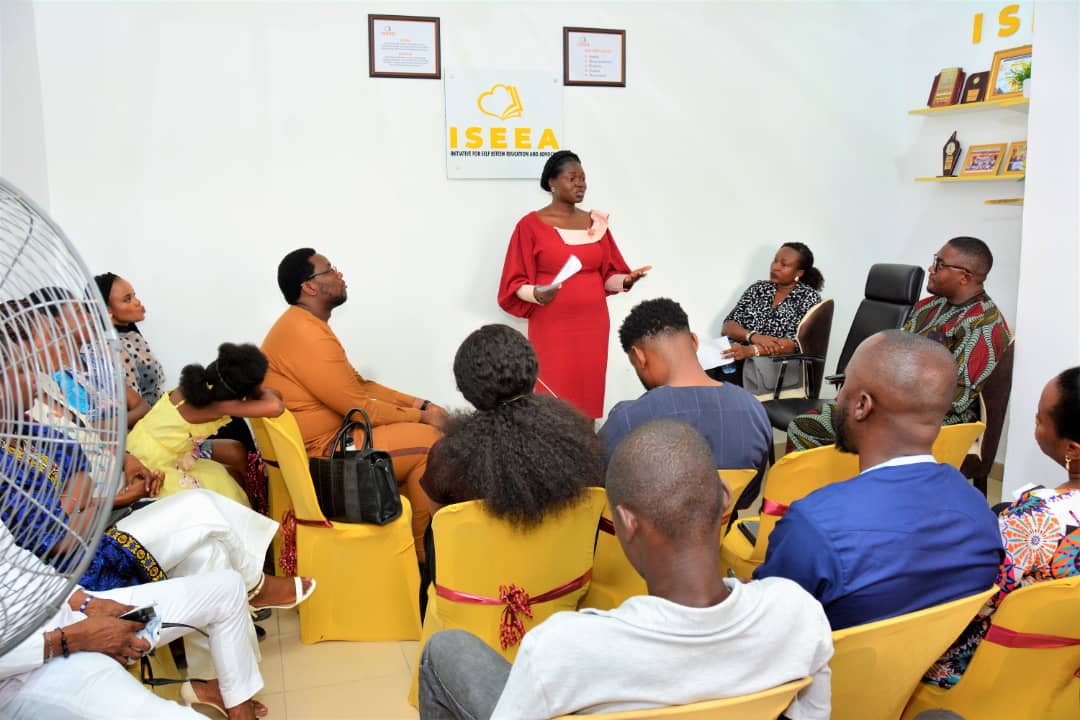
With suicide being the third leading cause of death among young people aged 15-29 and one in eight people worldwide living with a mental disorder, there are growing concerns surrounding self-esteem, mental health, and social cohesion.
The Initiative for Self-Esteem Education and Advocacy (ISEEA) has attributed the alarming rate of suicide among young Nigerians to low self-esteem and mental health issues.
ISEEA Executive Director, Rosemary Ochiwu, who made this observation yesterday in Abuja at the organisation’s office launch, disclosed that the group has expanded its focus areas to include Sustainable Development Goals (SDGs) 4 (Quality Education), 5 (Gender Equality), 8 (Decent Work and Economic Growth), 10 (Reduced Inequalities), and 16 (Peace, Justice, and Strong Institutions) to adequately address concerns around low self-esteem in the country.
According to the ED, ISEEA’s strategic plans, which will run between 2025 to 2029, comprise a detailed framework aimed at addressing developmental challenges and enhancing sustainable growth as it relates to self-esteem and mental health in society.
Noting that low self-esteem and mental health issues lead to social exclusion, discrimination, stigma, educational difficulties, risk-taking behaviors, and physical ill health, ISEEA’s ED maintained that low self-esteem is also related to emotional problems, substance abuse, and eating disorders.
She revealed plans by the body to focus on enlightening parents about the importance of building safe spaces as a safeguard against low self-esteem and poor mental health in young people, adding that the family is a major institution and there is no society without strong families.
She also revealed plans to team up with the Ministry of Education to facilitate teacher training, which will enhance teachers’ capacities to train resilient students.
“To this end, ISEEA will partner with other organisations and pilot projects relating to the production of learning resources, including videos, articles, books, and courses aimed at improving knowledge about the effect of self-esteem and mental health on different areas of life.
“We will also continue executing awareness projects in schools and communities to enlighten individuals about the impact of self-esteem and mental health on their quality of life. Specifically, community-based interventions will seek to enlighten families on the importance of safe spaces and the role of the family as a powerful support system in well-being.
“This will reduce instances of children succumbing to peer pressure and engaging in activities that erode their self-esteem, which ultimately negatively affects the parents’ self-image in the community.
“ISEEA will pioneer research activities showing the impact of self-esteem and mental health on different facets of individuals’ lives. The data derived will inform future project designs and community interventions.
“This is one of the ways we will be building strong institutions,” she added.






